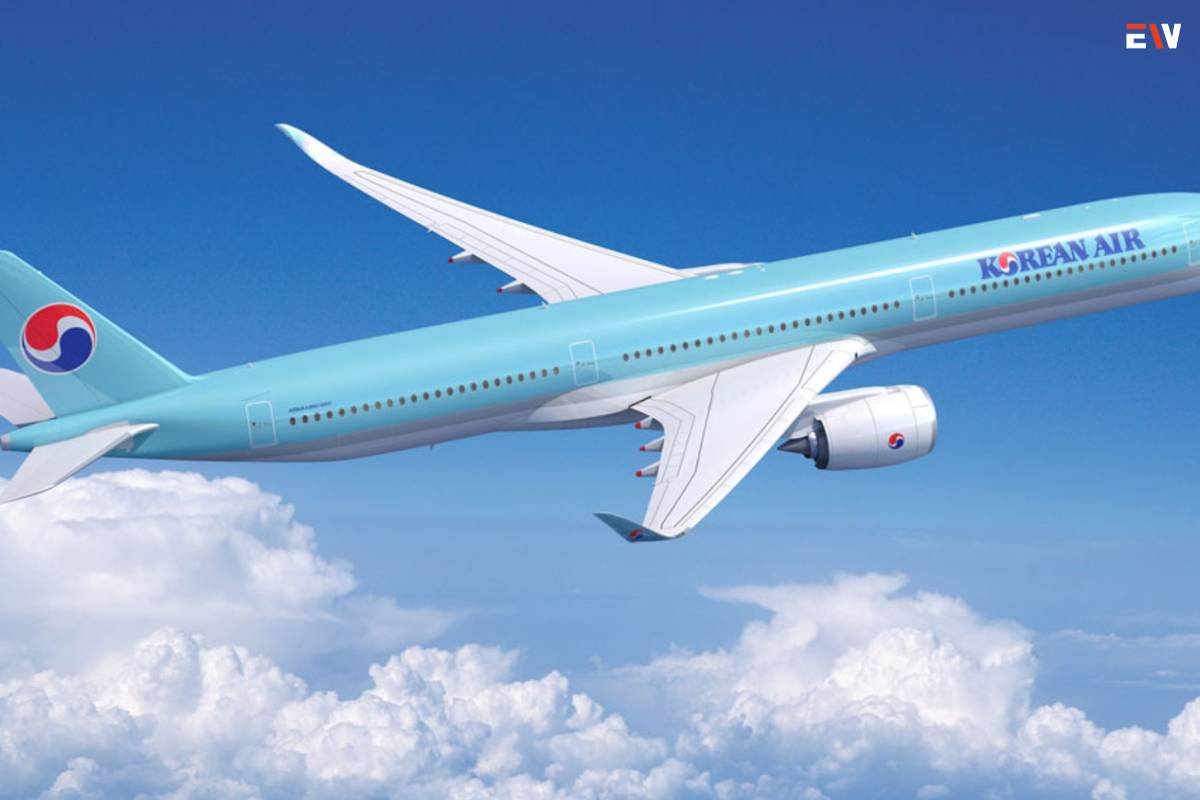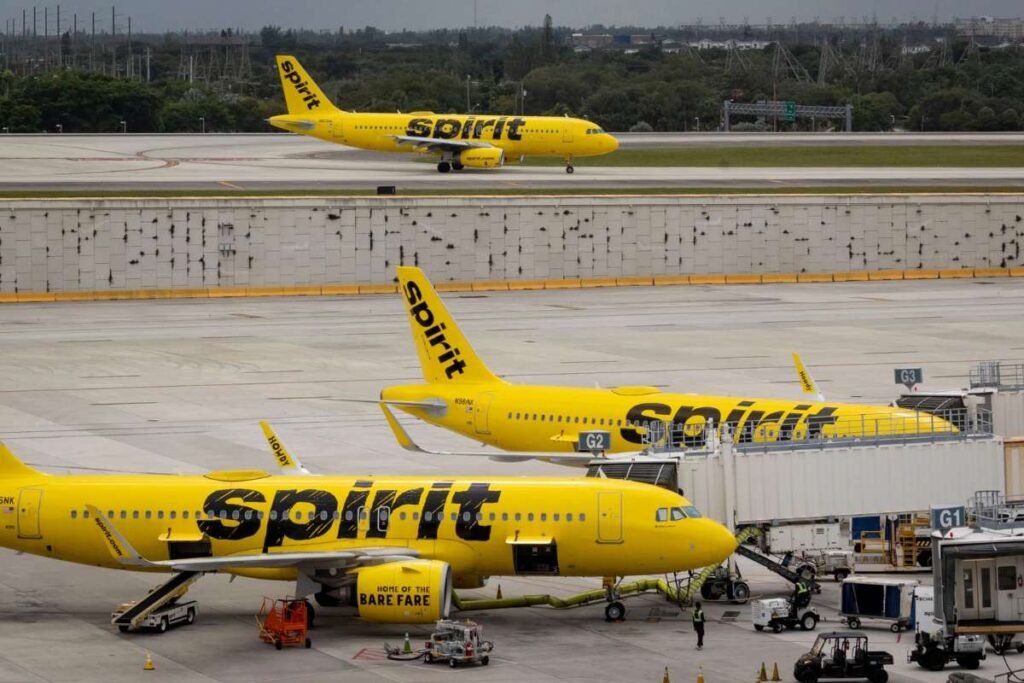Source – Travel Wires
Korean Air’s $14 Billion Airbus Order Marks Significant Shift in Supplier Preference
In a groundbreaking move, Korean Air Lines Co. has opted for Airbus SE over its traditional supplier Boeing Co., securing a monumental deal worth $14 billion for 33 Airbus A350 wide-body jets. This strategic decision comes as the Seoul-based carrier prepares to streamline its fleet ahead of its impending merger with Asiana Airlines Inc.
Strategic Shift: Airbus Chosen Over Boeing
The order comprises 27 of Airbus’s flagship A350-1000, along with six A350-900s, effectively bypassing Boeing’s yet-to-be-certified 777X. Bloomberg News had previously hinted at Korean Air’s inclination towards a significant deal with Airbus, projecting an order of at least 20 A350 jets.
Korean Air Lines highlighted the eco-friendly attributes of the A350, emphasizing its alignment with the airline’s sustainability objectives and its role in preparing for the integration of Asiana Airlines. The deal, valued at 18.5 trillion won, underscores Korean Air’s strategic vision and readiness for future aviation dynamics.
Market Dynamics and Fleet Optimization
The surge in demand for larger jets, coupled with bullish projections for travel growth, has fueled the momentum behind wide-body aircraft orders. Korean Air’s move to simplify its fleet and lower costs ahead of its merger with Asiana resonates with broader industry trends, reflecting a strategic approach to fleet optimization amidst evolving market conditions. Regulatory approval in the US is the final hurdle for the merger to proceed.
Airbus Gains Momentum; Boeing Secures Consolation Order
On the same day, Airbus celebrated another triumph as Japan Airlines Co. sealed a deal for 42 aircraft, including 21 A350-900s and 11 A321neos. In contrast, Boeing secured a consolation order of 10 787-9s. The impending merger with Asiana promises Korean Air Lines a substantial influx of modern Airbus jets, complementing its existing fleet and positioning the airline strategically in the market.
Implications for the Aviation Industry
The order signifies a significant milestone for Airbus, particularly as its A350-1000 secures its 10th new operator in the span of 12 months. Notably, Delta Air Lines Inc., a major stakeholder in Korean Air’s parent company Hanjin KAL Corp., has contributed to this series of successful deals. Meanwhile, Boeing faces heightened scrutiny over the safety of its aircraft following recent incidents, underscoring the dynamic landscape of the aviation industry.
As Korean Air Lines embarks on this transformative phase, the industry watches closely, anticipating the ripple effects of this monumental aircraft deal amidst evolving market dynamics and competitive pressures.










